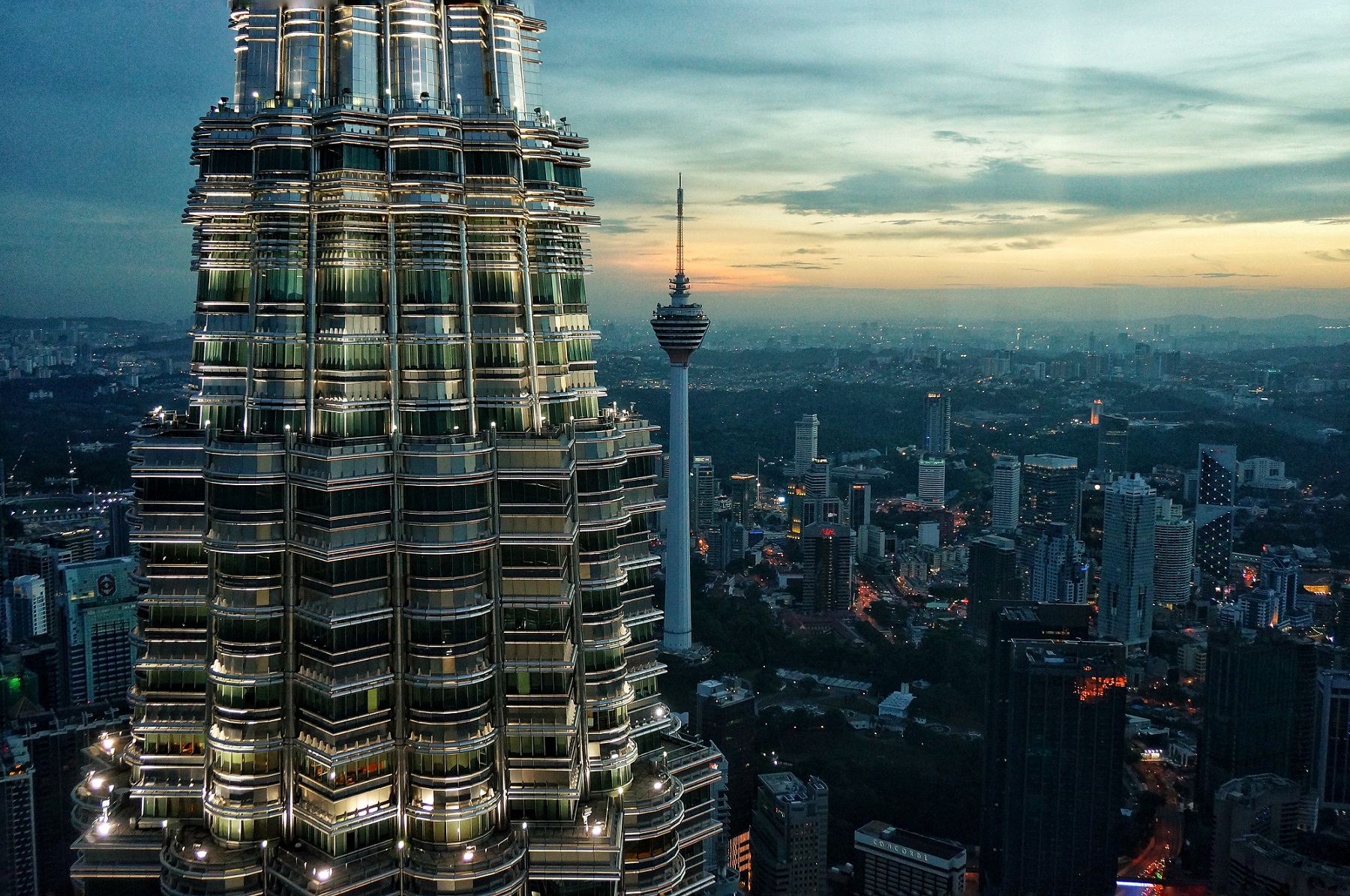Andy Davison, who has made Malaysia his home, explains why the Malaysia My Second Home programme is very good for Malaysia. He has been closely involved with the programme since its inception. His company, TEG Media, has been actively promoting Malaysia for over 20 years and assists people seeking a MM2H visa.
I often hear or read negative comments about the MM2H programme, with people frequently asking why the programme exists and what good it does for Malaysia. Quite recently, a politician asked in Parliament, once again, what the rationale was for the programme. The response from the relevant Minister, tellingly, suggested that even her own department is not aware of the benefits.
As someone who has studied the programme and communicated with many thousands of applicants and MM2H visa holder, I feel I have some valuable insights into the programme and its contribution to Malaysia. Most MM2Hers are very happy when they choose to live here and enjoy a pleasant lifestyle, but it’s not all one-sided. Malaysia has a lot to gain from their presence, and the country benefits both tangibly and intangibly from the programme.
Financial benefits

Contrary to some views, the foreigners living here under the programme are not taking advantage of the country’s free services and becoming a drain on the resources. Far from it; in order to be approved for the programme, they must show a net household income, from outside Malaysia, of at least RM10,000 a month. This places them in a high income bracket for retirees. Those who choose to relocate here, and to a lesser extent those who come here for extended stays, therefore bring in valuable foreign exchange.
Research we conducted 10 years ago among several hundred MM2Hers revealed that they brought an average of RM9,800 a month into the country to cover their living costs. We suspect this figure is higher today. Even on the lowest end, however, that is around RM108,000 per annum and if you have 10,000 MM2Hers spending at such a level, that’s over RM1 billion a year being contributed to domestic consumer spending. As any economist will tell you, that’s good for the country’s economy, and indeed counts as the primary driver for the economies of numerous advanced countries. It also goes without saying that the more money being spent in Malaysia, the more jobs created.
To the extent that MM2Hers also make capital expenditure, such as buying houses or cars, this is additional funds coming into Malaysia and can amount to many billions of ringgit.
Non-financial benefits
At first glance, it may be hard to see any non-financial benefits, but we have identified quite few, some of which also blend with financial plus points:
MM2Hers typically have more free time on their hands and many become frequent domestic travellers, thus contributing to domestic tourism, which often means spending money in areas of the country where other economic activity is slower.
MM2Hers usually have a large number of friends, relatives, and ex-business colleagues and can spread positive messages about the country around the world. Not surprisingly, many will come and visit which will add to tourism arrivals for the country.
As with most older people, healthcare is important to MM2Hers and the fact they choose to live here is a tacit endorsement of the country’s medical facilities and can clearly be used to promote medical tourism to the country.
Malaysia often receives unfavourable international press, which can (and does) make people view the country negatively. This in turn causes some people to have concerns or doubts about coming to live in or visit Malaysia. Working expats typically come here because of job openings or company assignments, but MM2Hers specifically choose to live here, which is a powerful endorsement of Malaysia, even more so given some Western countries’ attitudes towards Islamic countries. This can be an important selling point when trying to encourage foreign companies to invest in Malaysia.
Many of the older people who come here have acquired valuable skills during their careers. This could be exploited for the benefit of the country. Although this does not happen much at present, this is a significant opportunity if it was made easier for them to take on part-time employment. Being older they are not a threat to the unemployed, younger Malaysians who would be looking for different types of job opportunities.
Social impact

There are some Malaysians who worry about the social impact of foreigners living here. We do not believe this is a concern. The Malaysian population grows by around 500,000 a year. The number of Malaysia My Second Homers relocating here each year is a few thousand (at most) and has minimal impact. Even the numbers were to double or treble, it would still be a fraction of the percentage of new Malaysian births each year; and, of course unlike babies who require money and nurturing, these new arrivals are completely self-sufficient and contribute from the day they arrive.
Concerns have been raised about MM2Hers living in exclusive expat compounds, but all our research shows this is not the case. In fact, of the dozens of MM2Hers we have interviewed for our long-running (since 1996) monthly magazine The Expat, the vast majority say they have more Malaysian friends than expats, and integrate into the cultural and social fabric of the country that many find so appealing.
The fact that MM2Hers tend to be older and more committed to Malaysia for the long term – as opposed to short-terms tourists, focused primarily on having a good time – results in them being more accepting, mindful, and respectful of the local cultures and practices. They themselves want to be accepted into Malaysian society, which may be very different to that where they grew up, but is one they now to choose to embrace. As a person who believes that improved interaction between people of different races and societies leads to better understanding, which in turn contributes to peace and global harmony, this can only be good thing.
Conclusion
My conclusion after 15 years of involvement with the programme is that it has the potential to become a valuable contributor to Malaysia’s economic growth, both directly though the financial contribution of programme participants, and indirectly through the various non-financial benefits listed above.
However, I feel the MM2H programme would benefit from addressing and revisiting a few of the current rules, some of which in my view are counterproductive, and also from receiving additional marketing funds to increase awareness among the target audience.
"ExpatGo welcomes and encourages comments, input, and divergent opinions. However, we kindly request that you use suitable language in your comments, and refrain from any sort of personal attack, hate speech, or disparaging rhetoric. Comments not in line with this are subject to removal from the site. "



















